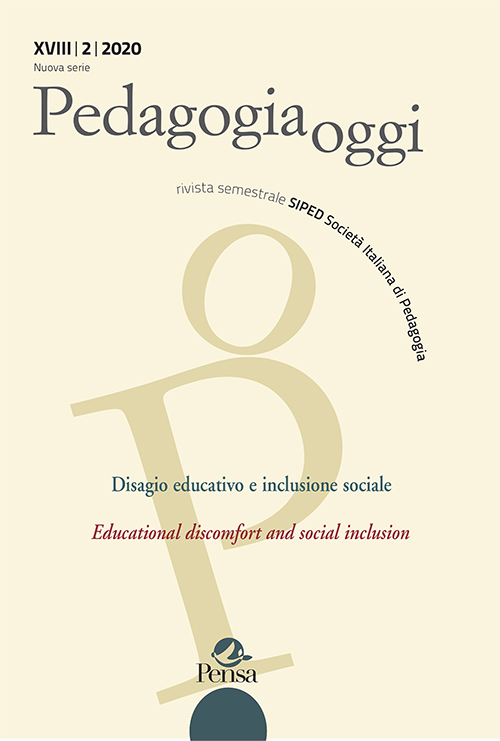Father Gherardo and the “House of the Child”: the education of abandoned children in Piacenza after the Second World War
DOI:
https://doi.org/10.7346/PO-022020-08Abstract
After the Second World War, the situation of abandoned children represented an important educational and social problem in Italy. Due to prolonged solitude and poor living conditions, many of these children poured onto the city streets, wandering, begging or taking small illegal jobs. At the end of 1948, the Franciscan friar Gherardo Gubertini established the “House of the Child” in Piacenza. With his work, he aspired to include children in society, promoting a global educational action focused on schooling and professional training. By also investing in the families of these children and their primary educational function, Father Gubertini distanced himself from the widespread practice of institutionalization, organizing a semi-residential experience. This paper presents the results of unpublished bibliographical and archival research, which connects the history of the “House of the Child” to the broader Italian educational panorama of the time.




